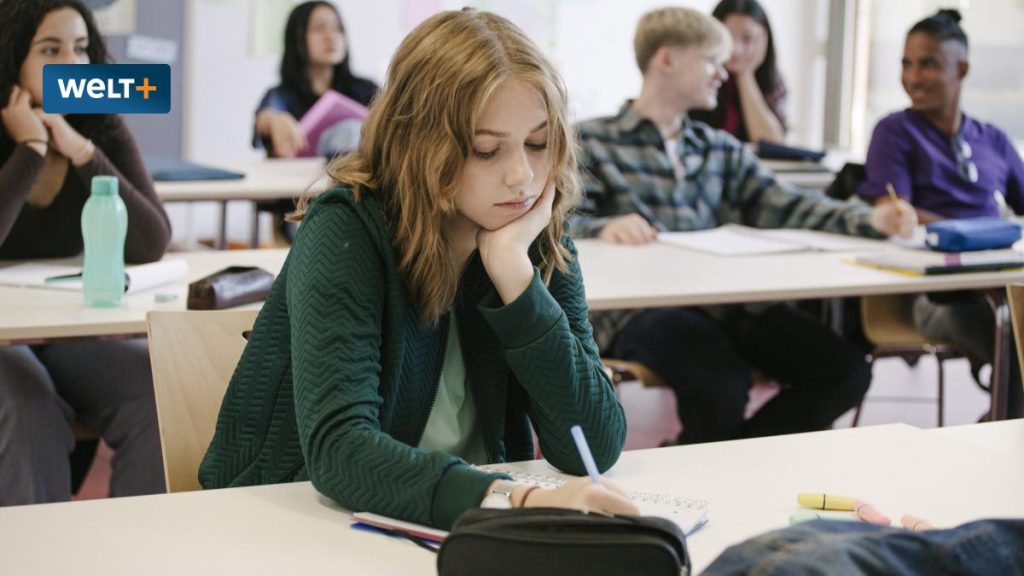A new study is challenging the common belief that a decline in academic performance among students can be attributed to laziness or lack of effort. The study suggests that there may be deeper underlying factors at play that are contributing to this decline. This new perspective is causing some to rethink their assumptions about why students are struggling in school.
According to the study, the decline in academic performance among students may be linked to external factors such as social and economic inequalities, rather than simply being a result of lack of effort or motivation. This challenges the traditional notion that students who struggle in school are simply not trying hard enough. The study suggests that there may be systemic issues at play that are impacting students’ ability to succeed academically.
This new research is prompting educators and policymakers to consider a more holistic approach to addressing academic performance issues among students. Rather than focusing solely on individual motivation and effort, there is a growing recognition that external factors such as poverty, housing instability, and access to resources may play a significant role in shaping students’ academic outcomes. This shift in perspective could lead to more targeted interventions and support systems for students who are struggling in school.
The study’s findings also have implications for how educators assess and support students who are not performing at grade level. Instead of assuming that these students are simply not putting in enough effort, educators may need to consider the impact of external factors on their academic performance. By taking a more nuanced approach to understanding students’ struggles, educators can better tailor interventions to address the root causes of their difficulties.
This new perspective on student academic performance is sparking important conversations about how best to support students in today’s increasingly complex and challenging academic landscape. By acknowledging the role that external factors can play in shaping students’ outcomes, educators and policymakers have an opportunity to address systemic inequalities and provide more targeted support for students who are struggling. This shift in thinking has the potential to lead to more equitable and effective education systems that support all students in reaching their full academic potential.
Overall, this study challenges long-held beliefs about why students may be struggling in school and offers a more nuanced understanding of the factors that can influence academic performance. By examining the role of external factors such as social and economic inequalities, educators and policymakers can work towards creating more equitable education systems that support all students in achieving academic success. This new perspective has the potential to drive positive change in how we approach education and support students in reaching their full potential.















